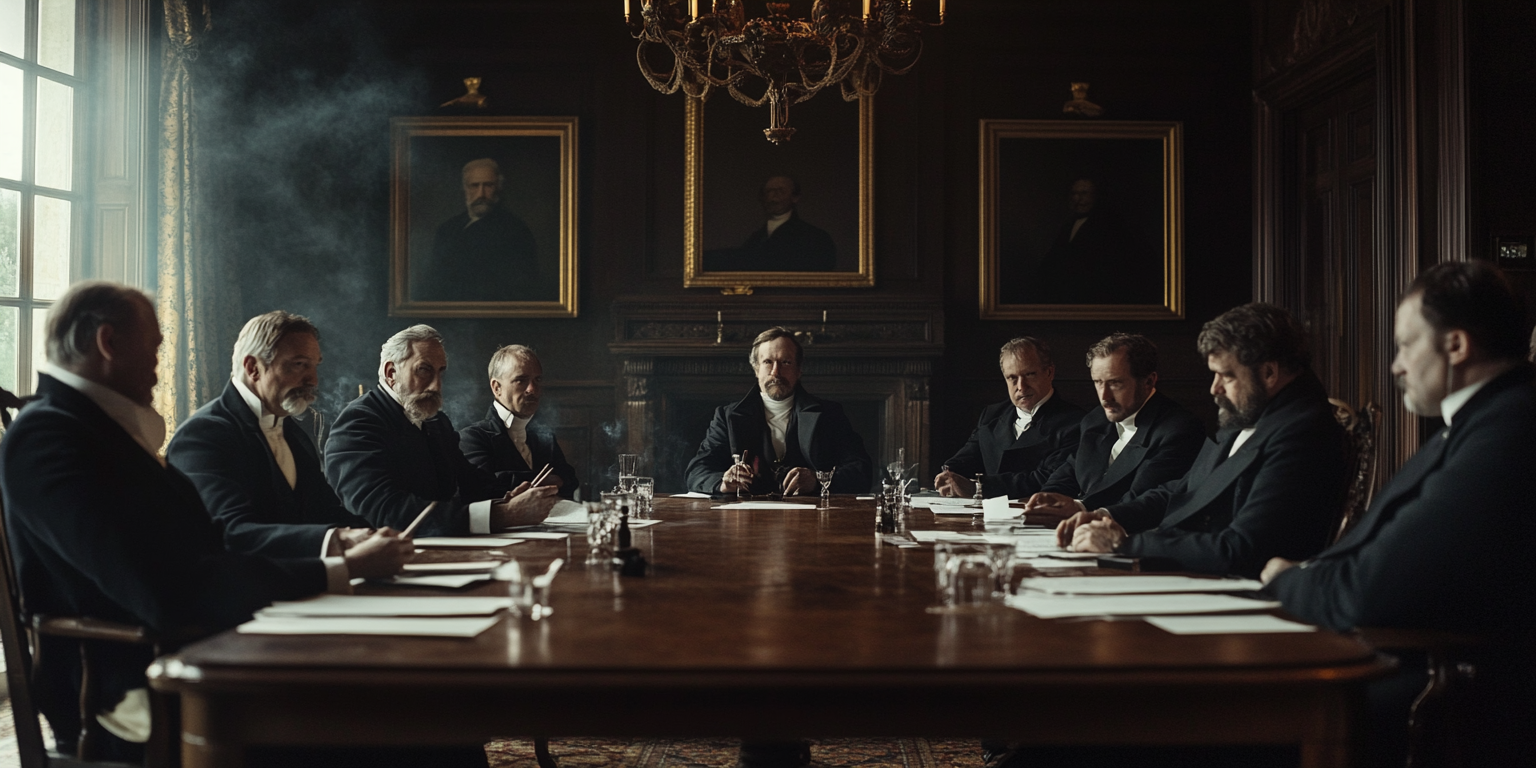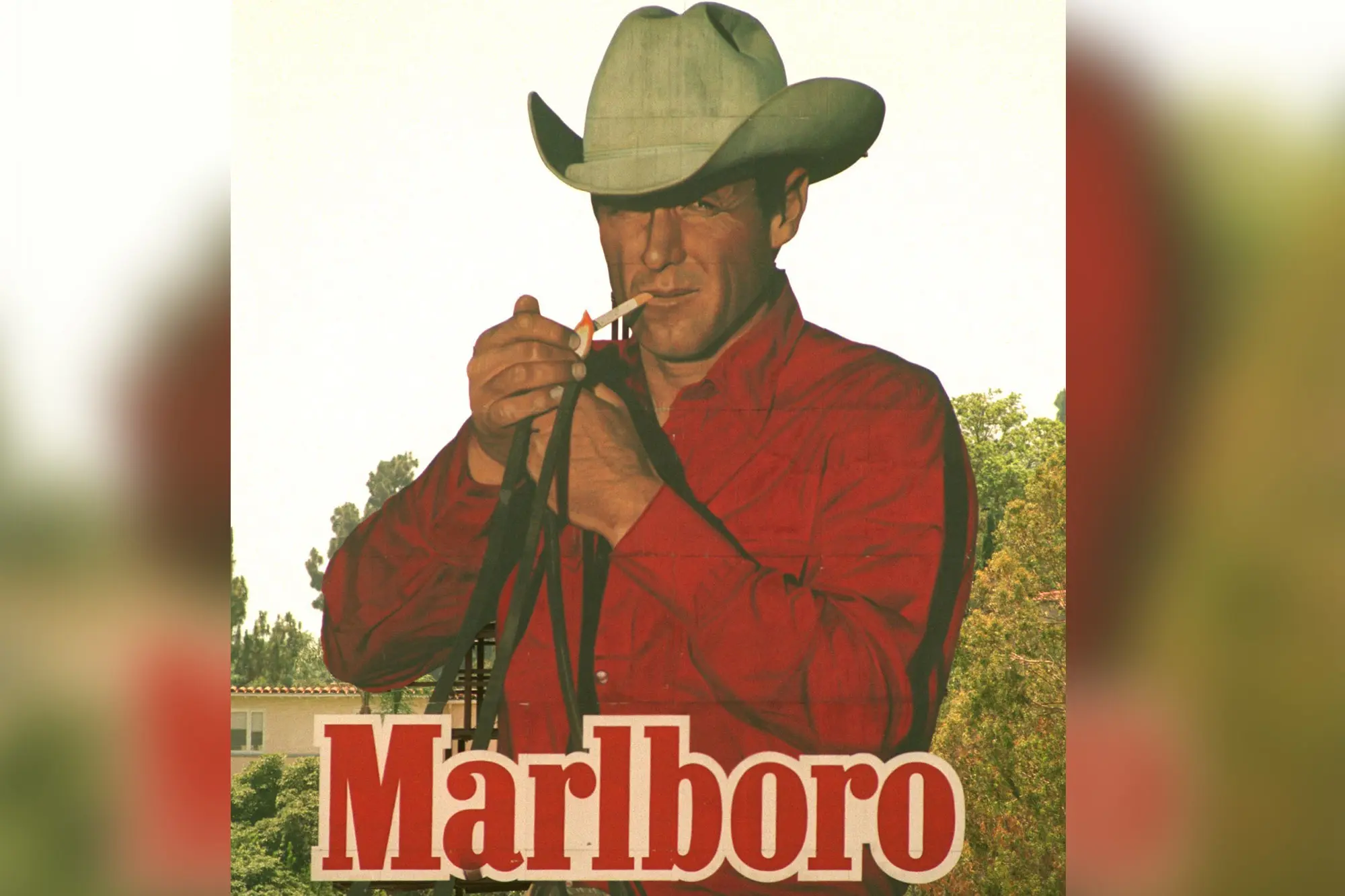Operation Berkshire
Big Tobacco’s Deceitful Dance with Death – A Case Study in Car Crash Marketing
In the annals of corporate deception, few stories rival the chilling subterfuge that was “Operation Berkshire.” Conceived in secret boardrooms by some of the largest tobacco companies on the planet, this conspiracy stands as a testament to the darkest side of marketing – manipulation at the expense of millions of lives.
Note:
This article features content from the Marketing Made Clear podcast. You can listen along to this episode on Spotify:
The Scene of the Crime: A Spy Novel Unfolds
If you imagined that the world of corporate tobacco resembled a James Bond villain plot, you’d be eerily close. Picture this: the year is 1977, and representatives from global tobacco titans, including Philip Morris, British American Tobacco, and R.J. Reynold, gathered in an opulent English mansion named Shockerwick House (cool name by the way) nestled in the quiet countryside of Berkshire. The setting could easily be mistaken for a Bond movie, but this was not a plot to steal nuclear codes. This was far more sinister: a covert operation to protect their profits by casting doubt on the now-undeniable fact that smoking kills.
Welcome to Operation Berkshire.

Shockerwick House
Shockerwick House in Berkshire
The Grand Deception: Sowing Doubt in the Face of Truth
By the 1950s, the cat was already out of the bag. Scientific studies had conclusively linked smoking to serious health risks, including cancer, heart disease, and respiratory problems. For many corporations, this would have been the cue to change course, to reinvent their business models or, at the very least, issue sincere apologies.
But the tobacco industry?
Oh no, they had a different playbook: one straight out of the School of Denial, Distraction, and Deception.
In what can only be described as corporate malfeasance at its finest, the leaders of “Big Tobacco” concocted Operation Berkshire
The mission?
Simple: undermine the science.
Through calculated PR campaigns, funding of misleading research, and lobbying efforts, the goal was to create a smokescreen (pun intended). They needed the public to question the growing body of scientific evidence and, in turn, slow down regulatory action.
The stakes were life and death. And tragically, for millions, death came quicker than it should have.
The Marketing Mirage: Manipulation, Not Messaging
What makes Operation Berkshire such a damning case study in “car crash marketing” is how it highlights marketing’s terrifying potential for abuse. At its heart, marketing should be about connecting with audiences, building trust, and providing value. Yet, in the hands of these tobacco executives, it became a tool of obfuscation, deceit, and death.
The decision to “market doubt” instead of tobacco was their masterstroke. By sowing confusion about the harms of smoking, they successfully delayed public health measures for years. They knew their product was deadly. They knew their customers were, quite literally, dying to consume it. And yet, rather than admit fault, they doubled down on lies, hoping to squeeze out a few more years of profit. Their marketing strategy wasn’t a mere misstep; it was a head-on collision with morality.
This is not just a cautionary tale for marketers; it’s a glaring example of how ethics and profit can disastrously part ways.

Operation Berkshire Unveiled: The Beginning of the End
The house of cards began to crumble in the 1990s, thanks to the revelations unearthed during litigation. Internal documents leaked from tobacco companies showed that Operation Berkshire wasn’t just a desperate act of PR, but a coordinated, international conspiracy. The world now saw the industry for what it was: a predator that would stop at nothing, not even the truth, to protect its interests.
The exposure led to the landmark 1998 Master Settlement Agreement, in which major tobacco companies were forced to pay billions of dollars in compensation to the U.S. government. This settlement also imposed stringent restrictions on how they could market their deadly products, particularly to younger audiences. Yet the damage had already been done. Millions had died prematurely, and countless lives were ruined by addiction and disease, all because of marketing strategies birthed in the shadowy corners of Berkshire.
A Case of Marketing Gone Rogue
Operation Berkshire is the ultimate case study in marketing run amok. It highlights the thin line between persuasion and manipulation and serves as a chilling reminder of what happens when profits are placed above people.
Consider this anecdote: for decades, Philip Morris proudly marketed its Marlboro Man, an icon of rugged masculinity. Yet, behind the scenes, the same company was funding studies that aimed to downplay the very real risk that their Marlboro Man, and his millions of fans, would likely die of lung cancer. In 1992, Wayne McLaren, a former Marlboro Man, died of lung cancer after testifying in Congress against the tobacco industry. His famous words still resonate: “Tobacco will kill you, and I am living proof of that fact.”
Operation Berkshire wasn’t marketing in the traditional sense—it was psychological warfare. A deliberate campaign to manipulate public perception and bend the truth. They weren’t just selling cigarettes; they were selling doubt, using every tactic available to cloud the truth and, by extension, extend the life of their profits.

The Fallout: Rebuilding Trust in the Aftermath
When Operation Berkshire finally came to light, it didn’t just expose the tobacco industry, it changed the public’s perception of marketing as a whole. It showcased marketing’s potential for harm and placed a dark shadow over corporate communications. Trust, once lost, is nearly impossible to regain. The public’s faith in large corporations was irreparably damaged, and even today, the specter of these events lingers.
Today, marketers are constantly reminded of the fallout. Transparency, ethics, and accountability are now watchwords in any marketing department that wants to stay relevant and respectable. But we can never forget that, at one point in history, these principles were flagrantly violated. Operation Berkshire remains a cautionary tale for anyone involved in communications and public relations.
The Lasting Legacy: A Car Crash in Slow Motion
In the end, Operation Berkshire was the marketing equivalent of watching a car crash unfold in slow motion. For decades, the tobacco industry veered off the moral road, knowing full well the consequences of their actions. They steered towards the profits, while their customers hurtled toward tragedy.
It’s no wonder so many people remain skeptical of marketing as a discipline. When you look at examples like this, it’s hard not to see why. The tobacco industry’s reckless pursuit of profit through deceit is not just a story of corporate malfeasance, it’s a reminder of how easily trust can be broken and how disastrous the consequences can be when it is.
So, if anyone ever claims to hate marketing, you can point them to Operation Berkshire and say, “No wonder.”


